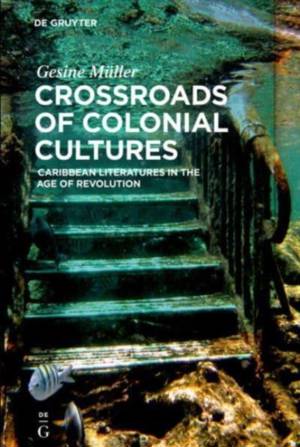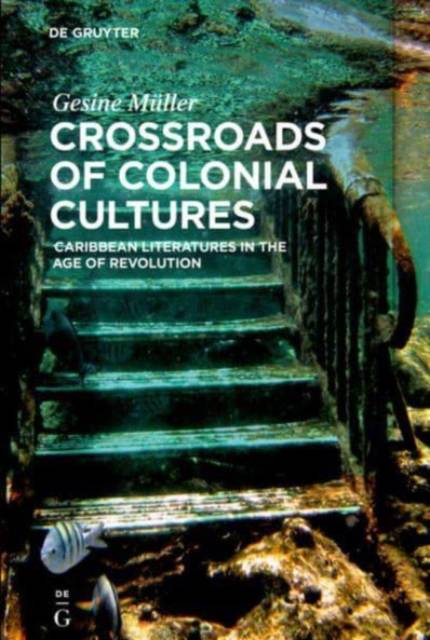
- Retrait gratuit dans votre magasin Club
- 7.000.000 titres dans notre catalogue
- Payer en toute sécurité
- Toujours un magasin près de chez vous
- Retrait gratuit dans votre magasin Club
- 7.000.0000 titres dans notre catalogue
- Payer en toute sécurité
- Toujours un magasin près de chez vous
Crossroads of Colonial Cultures
Caribbean Literatures in the Age of Revolution
Gesine MüllerDescription
The study examines cultural effects of various colonial systems of government in the Spanish- and French-speaking Caribbean in a little investigated period of transition: from the French Revolution to the abolition of slavery in Cuba (1789-1886). The comparison of cultural transfer processes by means of literary production from and about the Caribbean, embedded in a broader context of the circulation of culture and knowledge deciphers the different transculturations of European discourses in the colonies as well as the repercussions of these transculturations on the motherland's ideas of the colonial other: The loss of a culturally binding centre in the case of the Spanish colonies - in contrast to France's strong presence and binding force - is accompanied by a multirelationality which increasingly shapes hispanophone Caribbean literature and promotes the pursuit for political independence.
The book provides necessary revision to the idea that the 19th-century Caribbean can only be understood as an outpost of the European metropolises. Examining the kaleidoscope of the colonial Caribbean opens new insights into the early processes of cultural globalisation and questions our established concept of a genuine western modernity.
Updated and expanded translation of Die koloniale Karibik. Transferprozesse in hispanophonen und frankophonen Literaturen, De Gruyter (mimesis 53), 2012
Spécifications
Parties prenantes
- Auteur(s) :
- Editeur:
Contenu
- Nombre de pages :
- 367
- Langue:
- Anglais
Caractéristiques
- EAN:
- 9783110495003
- Date de parution :
- 23-04-18
- Format:
- Livre broché
- Format numérique:
- Trade paperback (VS)
- Dimensions :
- 156 mm x 234 mm
- Poids :
- 562 g







